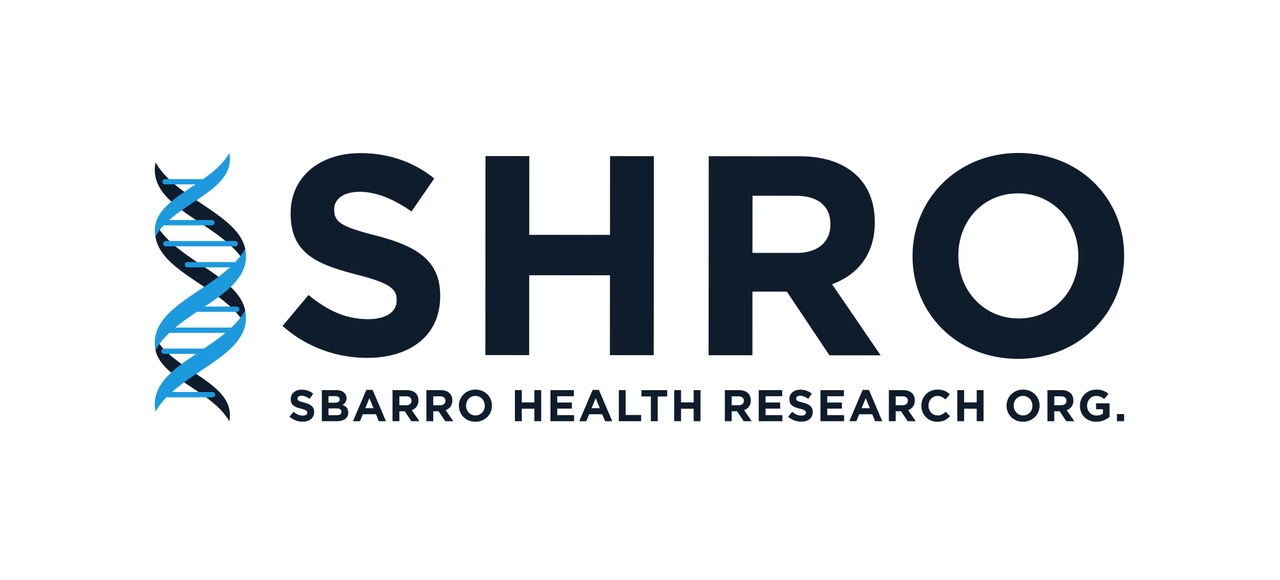Newswise — Although endocrine therapy for breast cancer has shown excellent results in controlling the disease, responsiveness to the therapy depends on whether or not there is expression of estrogen receptors in breast cancer cells. Research from the Sbarro Institute for Cancer Research and Molecular Medicine, a nonprofit cancer, cardiovascular and diabetes research center located in Philadelphia, PA, reports on the effectiveness of a new molecule, Scriptaid, that restores receptivity to endocrine therapy in breast cancer cell lines that had tested negative for the expression of estrogen receptors. The findings are reported in the Journal of Cellular Physiology.
“Moreover, cells with more aggressive behavior have been shown to be most responsive to the drug, which was able not only to restore the hormonal responsiveness, but also to have antitumor activity, resulting in malignant cell death and reduction of a series of more aggressive cell parameters,” reports Dr. Laura Giacinti, lead researcher for the study.
“These findings open the possibility of endocrine therapy even in patients now considered non-responsive, allowing them to have more available treatment options,” says Dr. Antonio Giordano, director of the Sbarro Institute.
Scriptaid belongs to the class of histone deacetylase inhibitors. The study evaluated treatment with this compound on a series of cell lines that tested negative for estrogen receptors and showed that after treatment with this compound, the cells showed positive for these receptors and again became responsive to endocrine therapy with antiestrogens. Unfortunately, about a quarter of breast cancers test negative for estrogen receptors and a further number lose the expression of this receptor during the course of the disease. In these cases, the cancer is often a more aggressive cellular type.
New findings however, have shown that the very expression of estrogen receptors in breast cancer cells can be regulated by epigenetic mechanisms, which, being reversible, can lead to test new drugs to restore normal cell expression.
“We wish to continue our trials with this molecule, emphasizing its potential also in cancer prevention,” says Giacinti. “In addition, we are generating a new series of even more specific molecules that will target this complex pathway.” ##The Sbarro Health Research Organization Center for Biotechnology Research funds the Sbarro Institute for Cancer Research and Molecular Medicine, a leading nonprofit research center for cancer, diabetes, and cardiovascular disease. The Director of the Center is Antonio Giordano, M.D., Ph.D., an internationally known pathologist and geneticist.
MEDIA CONTACT
Register for reporter access to contact detailsCITATIONS
Journal of Cellular Physiology
